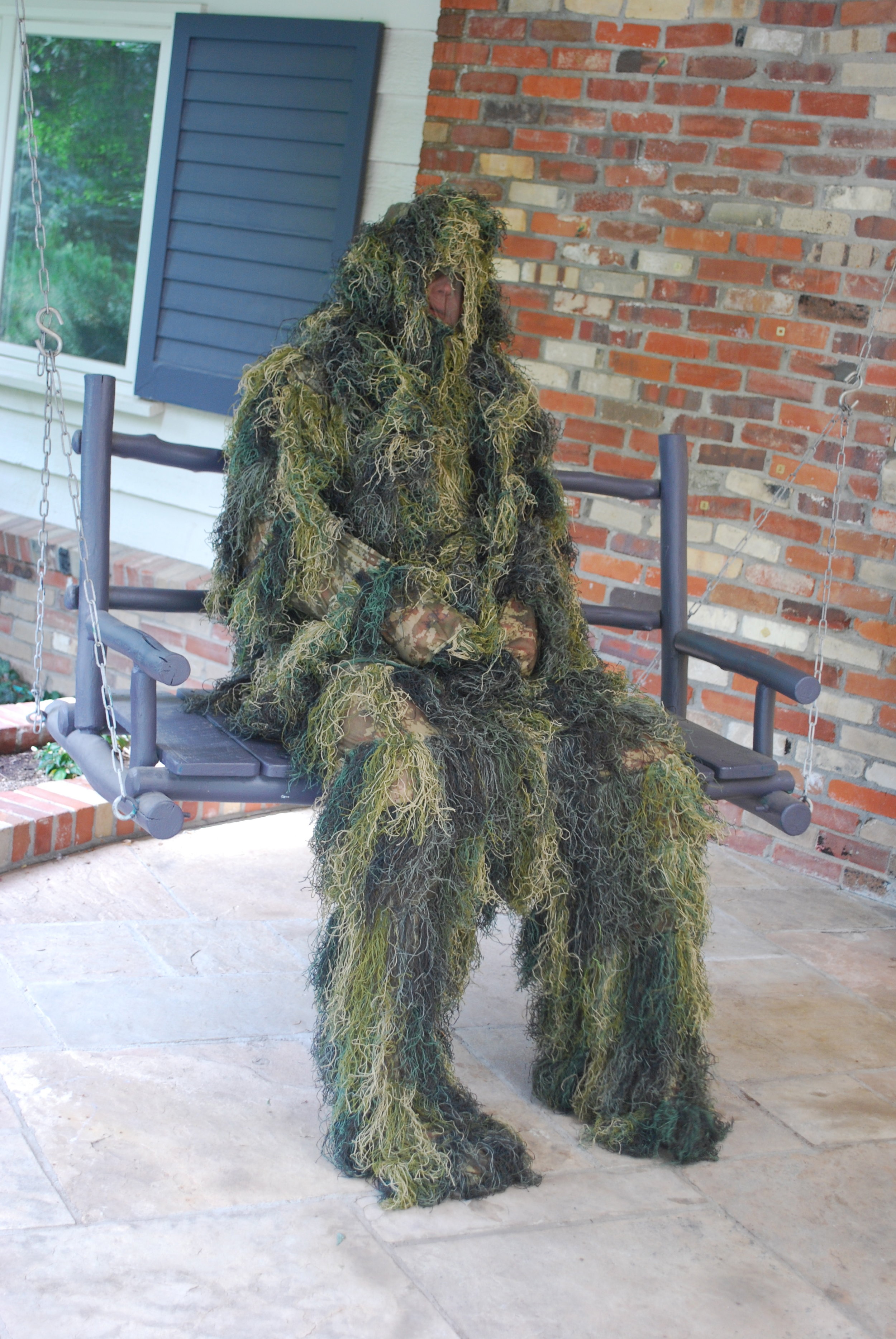Judge Not
“Only when we feel comfortable with our own choices – and embrace our own imperfections – will we stop feeling the driving need to criticize others.” – Brene Brown.
On Saturday night while out with friends at a crowded bar, I got unintentionally jabbed a couple times in the rib by a youngish man sitting behind me. As he greeted his friends, his large embraces in our congested corner resulted in what felt like constant poking at my sides.
It jolted me out of conversation and took me from fun party mode Lindsay to what the F do you think you are doing…you owe me an apology Lindsay. I do not like that Lindsay very much but this angry bitter part does in fact reside within me. She appears in my car when people shake their heads at me behind their steering wheel. Or when the person in front of me refrains from holding the door long enough for me to walk through just as it is about to wallop me in the face. SLAM! I see this feisty part of me as a little old lady in a robin egg blue suit with a cane and pantyhose bunched at the ankles, shouting, “Kids these days, where are all the gentlemen?”
Judging, whether it is parts of ourselves we don’t particularly like or another persons’ behavior, takes us away from our own hearts and into the illusionary and false story-creating mind.
But gently acknowledging the judgmental mind, and dancing with our own way worn shadowy parts allows us to settle into the mystery of life providing us with clean, clear, freedom.
Daily, I am bombarded by the pain in the world. And often I am reminded that there is no escaping or hiding, we are all responsible for this suffering. And there is something we can do about it.
We can avoid judging and choose compassion. We can opt to hold the person pissing us off in a place of kindness instead of talking to the air like I did to the rib-prodding hugger. Instead of “shoulding on ourselves” as my husband likes to say, we can practice being kind and gentle with our imperfect self.
Compassion, as author Karen Armstrong discusses, is not about feeling sorry for the other, it is about acknowledging our own suffering and treating others as we wish to be treated.
And as Buddhist teacher and author, Pema Chodron, writes, "If someone comes along and shoots an arrow into your heart, it's fruitless to stand there and yell at the person. It would be much better to turn your attention to the fact that there's an arrow in your heart and to relate to that wound."

